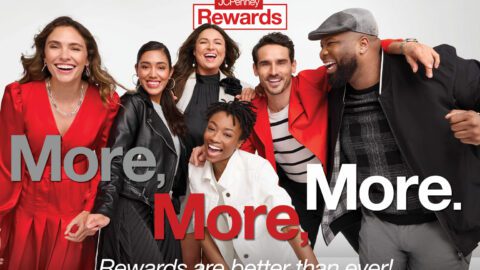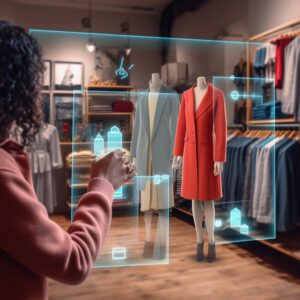While price and experience remain top-of-mind for shoppers choosing a retailer, a company’s culture and philanthropy also make important contributions to brand perception. Consumers prefer shopping at retailers that share their values, and are more likely to share personal information with them as well.
A brand’s alignment with personal values is important to 52% of Millennials, 48% of Gen Xers and 35% of Baby Boomers, according to the Evolution of Retail: The Brand Perception Effect study from Euclid. While brand perception has the strongest effect among Millennials, it still matters across all generations: 44% of all consumers say they want retailers they shop at to share their values.
“This is part of a broader theme that we talk about it, which is that traditional advertising and marketing is changing pretty dramatically,” said Brent Franson, CEO of Euclid in an interview with Retail TouchPoints. “If your marketing is not relevant, consumers, particularly younger generations, will tune out.”
Inclusion Draws Millennials; Baby Boomers Want American-Made
Advertisement
Expressing positive values is more likely to elicit trust from consumers than opposing negative issues. Diversity and inclusion were the most important values among Millennials, with 52% of this generation finding them important. In comparison, 33% of Gen Xers and 17% of Baby Boomers agreed that these issues matter.
“I think what we’re seeing with the younger generations is more diversity being represented and resonating,” said Franson. “That makes sense, because we have such a diverse population.”
Some retailers already are embracing authenticity and diversity in their marketing. Nike has launched the Pro Hijab and features female athletes from the Middle East in its ads. CVS Health is giving its beauty ads a makeover as part of its “Beauty in Real Life” campaign, which features unaltered imagery of a diverse cast of women.
Among Baby Boomers, 66% consider “American-made” products to be a positive contributor to a brand’s perception. While this term has less impact among younger shoppers, it still resonates with 50% of Gen Xers and 33% of Millennials.
Loyalty Trumps Inconvenience
When retailers can engender brand loyalty among shoppers, the benefits can be widespread. For example, loyal shoppers are more likely to stick with an omnichannel retailer even if the physical location nearest to them closes. While nearly 20% of shoppers would switch allegiance to a similar retailer with a physical location in their vicinity, another 40% would choose to shop at that retailer’s e-Commerce site or travel to the next-nearest location instead.
Should a preferred retailer close its nearest outlet, 41% of Millennial shoppers would search for or purchase a retailer’s products online 70% of the time or more. However, Millennials are generally more willing than Baby Boomers to check out new brands online, soretailers should secure Millennials’ loyalty quickly to keep their business.
“What we find with older generations is that there’s more of a fear of the unknown, that their credit card is going to be stolen or that they’re going to put some information into the wrong corner of the Internet,” said Franson. “With Millennials there’s more of a willingness to try something new and hip that aligns with their values. They’re more comfortable spending money online.”
Trust Forms The Foundation Of Personalization
Trust doesn’t just build loyalty and drive purchases — it also builds up faith that the company won’t misuse personal information. This effect can give retailers tools to improve personalization: 41% of shoppers are open to having retailers know their purchase history if they trust the brand.
Another 35% of shoppers feel comfortable sharing their purchase history if they have previously made a purchase from that retailer. Baby Boomers are particularly likely to develop loyalty to a brand through shopping at its brick-and-mortar locations, according to Franson.
However, gaining a consumer’s trust is just the start. Shoppers are even more responsive to receiving tangible benefits in return for sharing personal data: 52% of Americans said they would let a retailer know their purchase history in exchange for coupons or other promotional discounts.
“I think there’s a more explicit awareness of the value of data,” said Franson. “With the tradeoff of knowing I’m going to have a brand talking to me more, I want to make sure I’m getting something in exchange.”
While promotions are almost always good for grabbing shoppers’ attention, appealing to their values is an effective alternate path to building loyalty. The beneficial halo from a positive brand perception can continue boosting sales well after an ad campaign ends, by creating a loyal customer who appreciates shopping with a retailer that shares their ideals.









